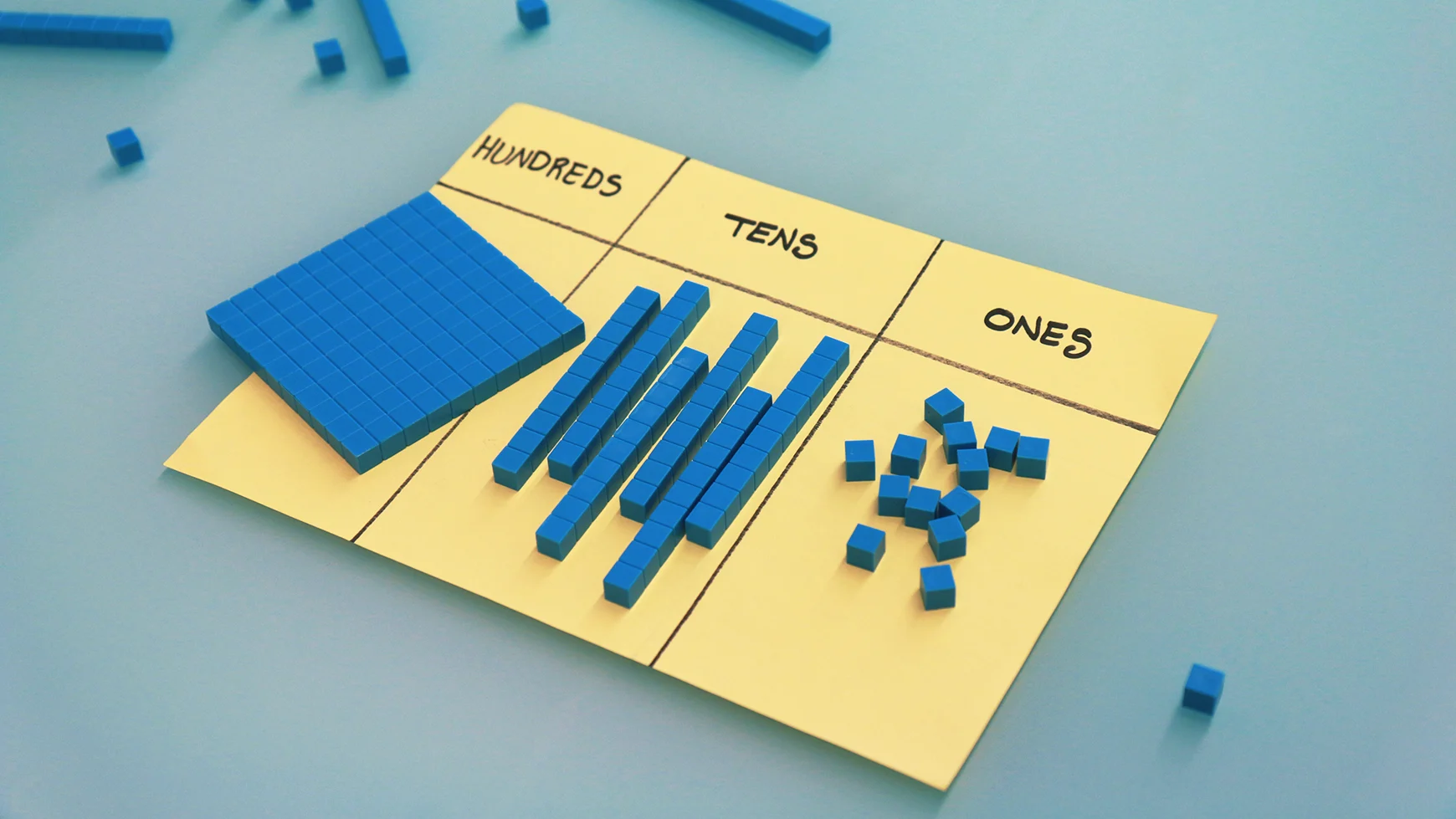7 Afterschool Activities That Sneak Math Into Your Child’s Day

At a glance
Your child can practice math while doing everyday tasks like cooking or crafting.
Many after-school hobbies involve math and will keep your child busy and learning.
Keep it fun and your child won't even know they are doing extra math at home.
If you feel like you need to sneak a little more math into your child's day, don't worry. Learning doesn’t have to stop when the school day ends. Many extracurricular clubs, classes and activities can reinforce key skills like addition, subtraction and even fractions. Here are seven fun activities that build on math skills—and, bonus—no worksheets or textbooks required.
Cooking and Baking
Measuring ingredients is a great way for kids to learn the relationship between different quantities and to get comfortable with fractions. It can also help them learn ratio and proportion, and practice math calculations. If your child is whipping up a batch of cookies, why not suggest a double or half recipe? Fractions come alive for budding bakers when they have to figure out what 3/4 cup butter and 1 1/4 cups flour is times two or divided by two.
Lemonade Stands or Bake Sales
Whether it’s brownies or beverages, running a “sales operation” involves lots of other skills besides making change. What are the start-up costs? What is the minimum your child needs to charge to recover that money? What are people are willing to pay? At the end of the sale, ask your child to calculate up the profits or how much was actually made per hour.
Fantasy Sports Leagues
No matter what sport your child is into, building a roster for a fantasy team involves some serious number crunching and awareness of statistics. And, once the season is underway, the need for math continues. For example, each week, fantasy football players must add touchdowns, subtract turnovers and calculate yardage. Your child can join a team with friends, or play online at a site specifically geared toward kids.
Board Games
Old-fashioned board games require a range of math abilities. Connect Four and Battleship build visual perceptual skills. Games like Mancala require logic and mathematical reasoning. Monopoly and Life require players to use money and resources to reach a goal. Your child’s school or your local library may host a games club after school. You can also stock up on some classics and help your child start a club with friends. It may be a nice change from playing on screen!
Knitting
Knitting involves real-world problem solving: “If I cast 25 stitches and knit five rows, how many stitches have I knit? And if I want to use a finer gauge yarn than the pattern calls for, how many more balls of yarn do I need?” Computational skills like multiplying and dividing are suddenly meaningful. Craft and fabric stores—even community centers or libraries— often offer classes. Or, why not suggest a lunchtime knitting club at your child’s school?
Woodworking
Whether it's a simple bird house or something more complicated, calculating how much wood a home project and doing all of the measuring involves a lot of hands-on math. To follow step-by-step directions or a blueprint, kids must rely on their visual-spatial abilities. These are the skills that allow them to understand the parts that make up the whole, and how they relate to each other. Bonus: Knowing how to use tools and build things are skills that will last a lifetime.
Playing an Instrument
Reading music requires measurement of time and beat. Your child will be counting notes to create different rhythms. In other words, a four-beat measure could consist of a single whole note held for all four beats, two half notes of two beats a piece, or four quarter notes of one beat each. In other words, when kids are playing music, they’re practicing fraction skills without even knowing it.
Key takeaways
Find an activity that suits your child's skill set and that also involves math.
Sneaking math practice into every day activities will make it seem less like homework.
If kids are having fun and staying busy, math practice gets easier and less boring.



